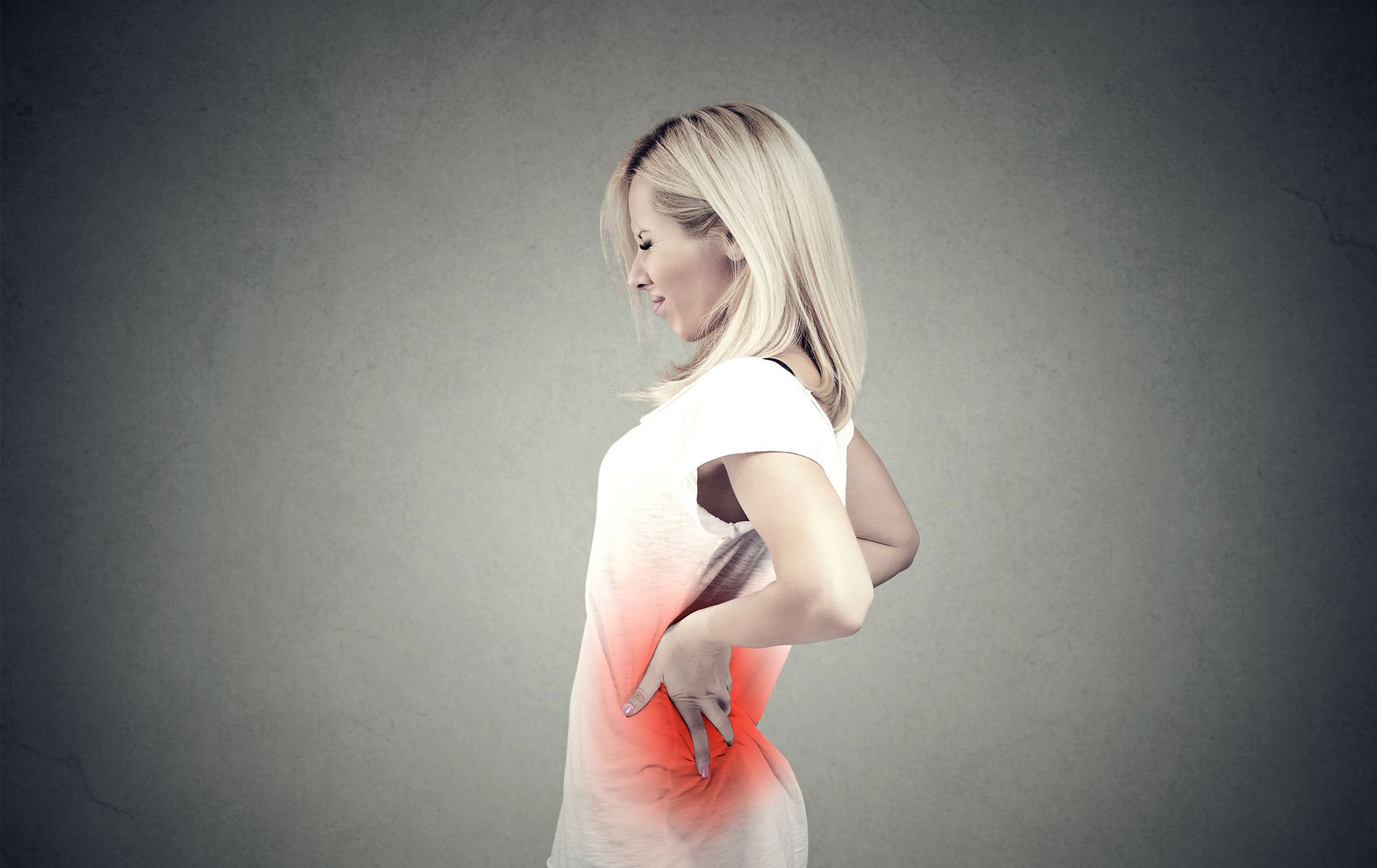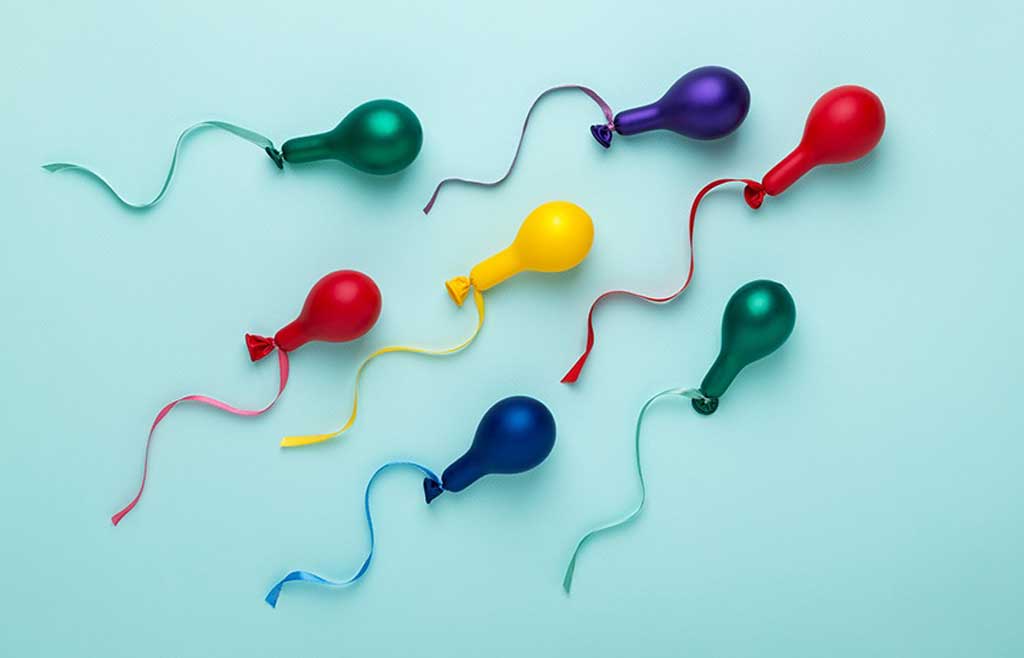
Urolithiasis
Urolithiasis is the formation of stony concretions in the bladder or urinary tract. Stone incidence depends on geographical, climatic, ethnic, dietary and genetic factors. The recurrence risk is basically determined by the disease or disorder causing the stone formation. Accordingly, the prevalence rates for urinary stones vary from 1% to 20%. In countries with a high standard of life such as Sweden, Canada or the USA, renal stone prevalence is notably high (> 10%). For some areas an increase of more than 37% over the last 20 years has been reported. There is emerging evidence linking nephrolithiasis to the risk of chronic kidney disease.
Risk Factors
General factors
- Early onset of urolithiasis (especially children and teenagers)
- Familial stone formation
- Brushite-containing stones
- Uric acid and urate-containing stones
- Infection stones
- Solitary kidney (the kidney itself does not particularly increase the risk of stone formation, but prevention of stone recurrence is of more importance)
Diseases associated with stone formation
- Hyperparathyroidism
- Metabolic syndrome
- Nephrocalcinosis
- Polycystic kidney disease (PKD)
- Gastrointestinal diseases (i.e., jejuno-ileal bypass, intestinal resection, Crohn’s disease, malabsorptive conditions, enteric hyperoxaluria after urinary diversion) and bariatric surgery
- Increased levels of vitamin D
- Sarcoidosis
- Spinal cord injury, neurogenic bladder
Genetically determined stone formation
- Cystinuria (type A, B and AB)
- Primary hyperoxaluria (PH)
- Renal tubular acidosis (RTA) type I
- 2,8-Dihydroxyadeninuria
- Xanthinuria
- Lesch-Nyhan syndrome
- Cystic fibrosis
Drug-induced stone formation
Anatomical abnormalities associated with stone formation
Medullary sponge kidney (tubular ectasia)
- Ureteropelvic junction (UPJ) obstruction
- Calyceal diverticulum, calyceal cyst
- Ureteral stricture
- Vesico-uretero-renal reflux
- Horseshoe kidney
- Ureterocele
Environmental factors
- High ambient temperatures
- Chronic lead and cadmium exposure
Treatments
- Conservative treatment/observation
- Pharmacological treatment, medical expulsive therapy
- active removal of ureteral stones
Reference: [↑]



